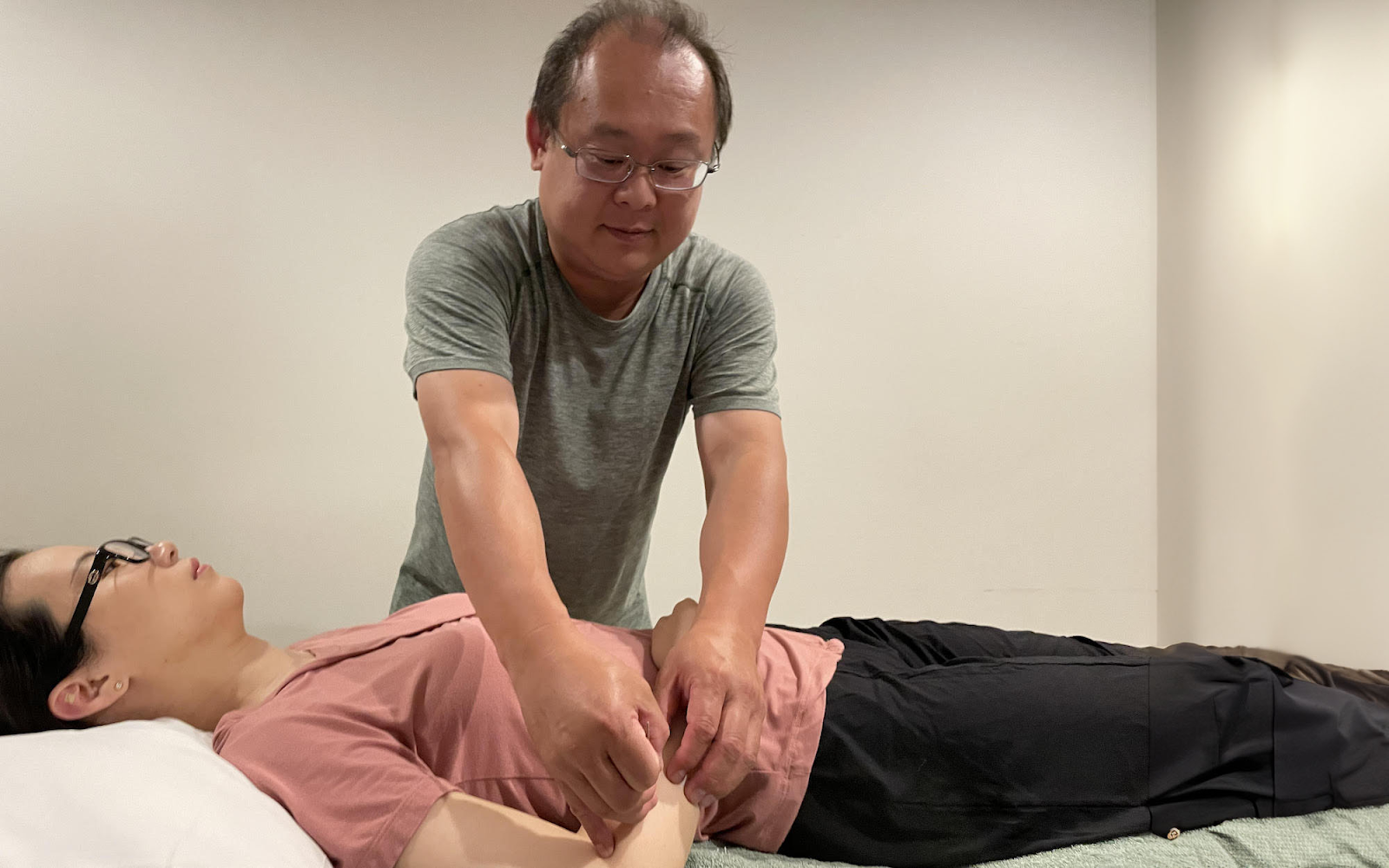Discover Your Perfect Healer Today!
Our online practitioner directory connects you with a wide range of healers to suit your unique needs.
Easily search and find the right professional to support your wellness journey.
Start exploring today to find your perfect match.
Modality
Disease
Books
Products
Events
Training
Blogs
Acupuncture
Conclusion: Is Acupuncture Right for You?
Acupuncture has grown in popularity as an alternative form of treatment for many different health problems – from chronic pain to stress. But like any ...
Read More → Written by
David Brown
Acupuncture
Cultural Perspectives: How Acupuncture is Practiced Around the World
Acupuncture is a Chinese treatment technique that has gained popularity in different regions of the world and thus modified. While it is true that there ...
Read More → Written by
David Brown
Contact
Contact Contact Us (832)990-1371 66 Middlesex Avenue, Suite# 302, Iselin, NJ 08830 health@holistictherapytribe.net Send Message to Us Contact Form NameEmailPhone NoMessageSubmit
Read More → Written by
Web Master
Naturopathy
Beyond Pills: How Naturopathy Can Help You Thrive?
Naturopathy is not just another option for medical treatment; it is a philosophy that promotes natural remedies and the inherent healing power of the body. ...
Read More → Written by
Michael Johnson
Energy Healer
Energy Healing Uncovered: Methods & Risks
Enter the world of energy healing, which is one of the basic principles of holistic health practices. In this exploration, we will delve into Reiki’s ...
Read More → Written by
David Brown
Naturopathy
Naturopath vs. Holistic Doc: What’s the Difference?
In the fast changing world of healthcare people are looking for unconventional methods to stay healthy. Two common phrases that come up in this context ...
Read More → Written by
Michael Johnson





